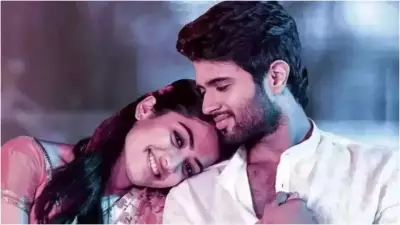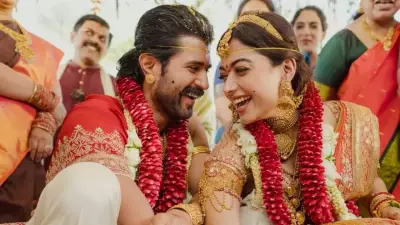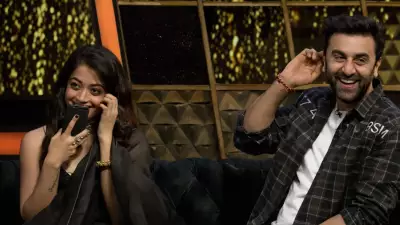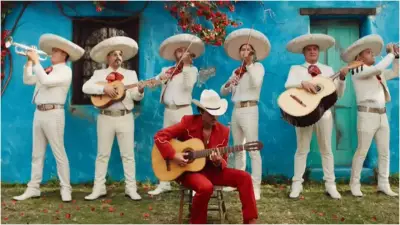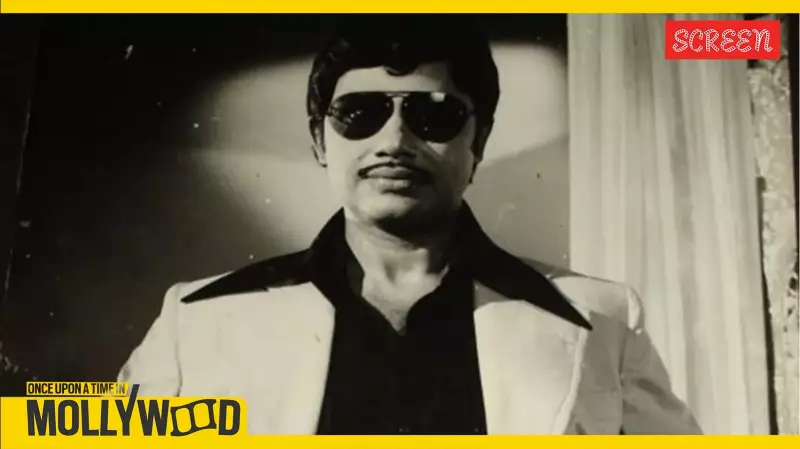
The world of Malayalam cinema witnessed the birth of its first genuine action hero in the 1970s, a man who would redefine masculinity on screen and meet a tragic end while pursuing perfection in his craft. Jayan, originally named M Krishnan Nair, became an overnight sensation and left an indelible mark on Indian cinema that continues to resonate decades after his untimely death.
From Naval Officer to Silver Screen Sensation
Born on July 25, 1939, in Kollam district to Madhavan Pillai and Bharathiyamma, Jayan's journey to stardom was anything but conventional. After completing his primary education at Malayali Mandiram School and later at a Government Boys' School, the multi-talented young man excelled in academics, arts, sports, and singing. His exceptional performance as the best cadet in his school's NCC program led to direct recruitment into the Indian Navy, where he served with distinction for 15 years, eventually rising to the rank of Master Chief Petty Officer before resigning.
Jayan entered the film industry with the advantage of family connections—his cousin was veteran actress Jayabharathi, already an established figure in Malayalam cinema. He made his debut in Shapamoksham (1974) under his new screen name Jayan, quickly moving from small roles to significant parts that showcased his unique style and impressive physique.
The Rise of Malayalam's Original Superstar
Jayan's breakthrough came with Panchami in 1976, which earned him widespread acclaim and firmly established his position in the industry. Unlike many actors of his time, he refused to limit himself to specific types of roles, appearing in diverse films including Ormakal Marikkumo, Madanolsavam, Adimakkachavadam, Thacholi Ambu, Jayikkaanaay Janichavan, Mukkuvane Snehicha Bhootham, Kadathanaattu Maakkam, and Lisa.
What truly set Jayan apart was his distinctive voice, stylized dialogue delivery, and swagger-filled body language that immediately captivated audiences. His commitment to performing dangerous stunts without using body doubles became his trademark, earning him admiration and cementing his status as the embodiment of Malayali masculinity.
The Coronation of an Action Icon
The year 1979 marked Jayan's transformation into a bonafide superstar with director Hariharan's Sarapancharam. His portrayal of an antihero redefined male representation in Malayalam cinema, particularly in the iconic scene where he appeared half-naked, wearing only shorts and a scarf while oil-massaging a horse. This powerful visual display of his chiseled physique left a permanent impression on the Malayali psyche and remains one of the most memorable scenes in Indian cinema history.
Following this success, Jayan became part of the legendary superstar trio alongside Sukumaran and Soman, delivering hit after hit including Mochanam, Sarpam, Avano Atho Avalo, Aavesham, Angakkuri, Theenalangal, Kazhukan, and Karipuranda Jeevithangal.
The Tragic Final Act
1980 proved to be both the peak of Jayan's career and its tragic conclusion. He delivered some of his most iconic performances in films like Angadi—whose dialogue "we are not beggars..." entered popular culture—along with Karimbana, Meen, Love in Singapore, Benz Vasu, Moorkhan, and Manushya Mrugam.
The fateful incident occurred on November 16, 1980, during the shooting of director PN Sundaram's multi-starrer Kolilakkam in Sholavaram near Madras (now Chennai). The climax required Jayan to perform an extremely dangerous sequence where he had to climb onto the pillion seat of co-star Sukumaran's motorcycle, stand on it, and reach for a helicopter from which the villain (Balan K Nair) was escaping.
Despite successfully completing the initial take, Jayan insisted on a retake to achieve perfection. During the second attempt, the helicopter lost control and crashed. While the pilot managed to jump out and Balan K Nair was thrown off—both sustaining injuries—Jayan fell headfirst onto the ground. Rushed to the hospital, he succumbed to his injuries at 6:30 PM, leaving behind a legacy cut short at its zenith.
Enduring Legacy Beyond Death
At the time of his death, Jayan was at the absolute peak of his popularity, having completed approximately 116 films in just six years. His untimely demise forced several planned projects to be recast, while impressionist Alleppey Ashraf completed the dubbing for films Jayan hadn't finished.
Remarkably, Jayan's popularity experienced a resurgence with the advent of television and mimicry troupes. His distinctive dialogue delivery and mannerisms became staple material for comedians and performers, often exaggerated for dramatic and comedic effect yet always recognizable to Malayali audiences. Even 45 years after his death, younger generations who never witnessed his era can instantly identify impressions of Jayan, testament to the profound cultural impact he made in his brief but brilliant career.
Jayan's story remains one of Indian cinema's most compelling tragedies—a man who brought unprecedented action and masculinity to Malayalam films, only to be killed by the very perfectionism that made him great. His legacy continues to inspire actors and captivate audiences, ensuring that the first action hero of Malayalam cinema will never be forgotten.


